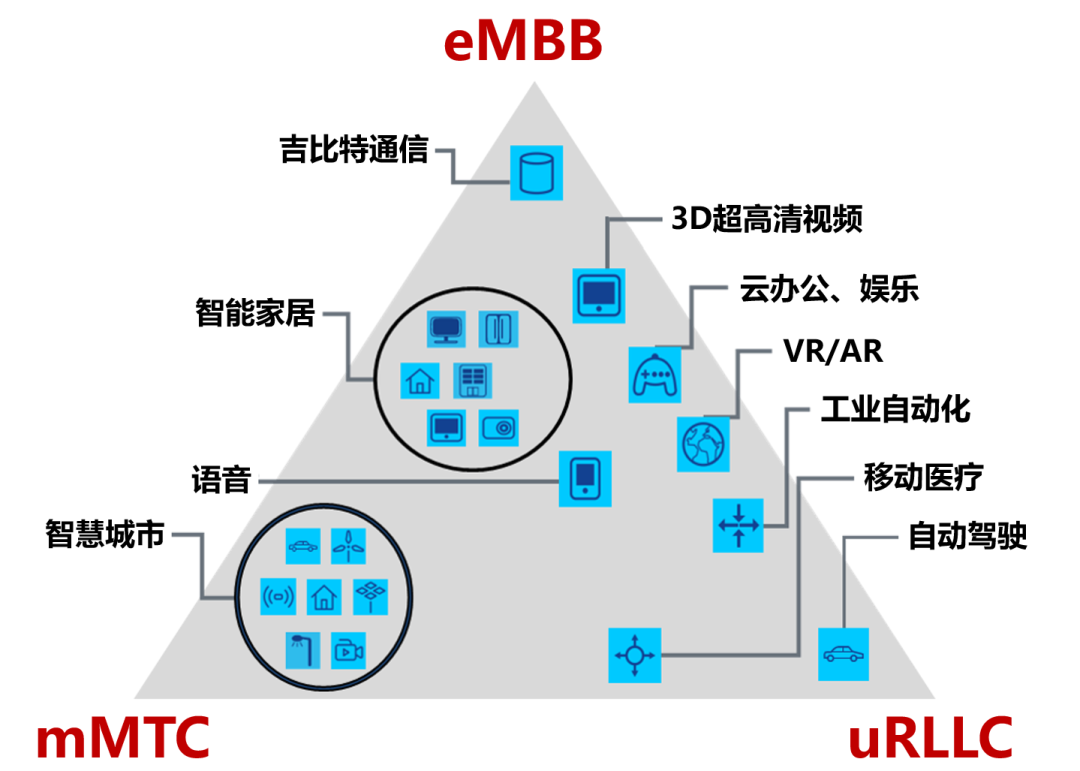Can't cure the "core disease" in the United States, let alone its "core wish"
Author:Guangming Daily Time:2022.08.20
U.S. President Biden recently signed the "2022 Chip and Science Act" (hereinafter referred to as the "Chip Act"), the most concerned about the investment of US $ 52.7 billion in the chip industry, trying to improve the US chip technology research and development and manufacturing capabilities. At the same time, the bill also tried to force the chip company to choose a team to restrict the investment development of enterprises in China.
The United States, which pursues liberalism in economic development, rarely launch industrial policies directly. None of the US -headed companies, whether it is Amazon, Apple, or Google, Microsoft, none of them rely on the American industrial policy to support it. In addition, the United States has accused and sanctioned other countries and regions on the grounds of unfair competition in industrial policies. This time, for an industry, a large amount of funds were taken out, and such a obvious direct industrial policy was launched, which fully illustrates that the United States is really anxious on the chip problem.
However, the market does not buy this bill. On the day Bayon signed the bill, the three major indexes of the US stocks closed down, and chip stocks generally fell, indicating that the market believes that the "Chip Act" cannot cure the "core disease" in the United States. Although the US government saw the problem, it prescribed the wrong prescription.
The problem of lack of people cannot be solved by subsidies
The market does not recognize the US government's increase in subsidies. The structure and reserves of the existing human resources in the United States do not match the needs of the chip industry.
Over the years, with the continuous decline and movement of the US chip manufacturing industry, the chip industry is no longer a high -paying and high reputation industry. Therefore, when choosing a major in the United States, the United States will choose finance, marketing and other majors without choosing a specialty related to electronic information engineering, mechanical design automation, materials and other chips. The chip industry is an industrial chain. The United States not only lacks chip -related professionals, but also lacks of chip production of upstream and downstream factories construction, instrument consumption manufacturing, and logistics storage and transportation related fields.
The lack of talents makes chip companies unwilling to invest in the United States, and even American chip companies are constantly running. No matter how strong the US government and subsidies are, it is still difficult to recruit suitable employees in the United States. There is no labor force that does not meet the requirements, and chip companies are naturally unwilling to invest in factories in the United States. Under the pressure of TSMC and Samsung under the pressure of the United States, they were forced to set up factories in the United States. The biggest problem it encountered is that the factory has been built. Where does the employees come from? TSMC Chairman Liu Deyin publicly stated in June that it is difficult to recruit engineers and technicians in the United States. After Biden signed the "Chip Act", the White House issued a press release saying that the bill created a lot of employment opportunities for the United States. In fact, employment opportunities have been created, but how much does the United States match this opportunity?
Even if it has not been able to attract professional counterpart employees, the professionalism of many people cannot meet the requirements of the chip industry. There has been an article on the US employee evaluation website. The author is the new employee that TSMC has failed to recruit in the United States. After participating in the training of new employees, he found that TSMC's employees worked for at least 10 hours a day. They had to go to night shifts, and they had to work on weekends. At other time, they had to stay at any time. Colleagues told him that this is the daily working state of the chip industry. This American complained that he did not expect that he had to fight so hard, and his work intensity was so strong.
Another reason for the decline of the American chip industry is to keep people. Zhang Zhongmou, the founder of TSMC, previously made vice presidents at Texas Instrument Company in the United States, and then left TSMC. Liu Deyin, the current chairman of TSMC, previously served as a research manager in Intel's process process integration manager in Intel, as a research manager at the Bell Laboratory in the United States Telegraph Company, and then left and joined TSMC. Today, the invasive micro -shadow (also known as the photocront) technology commonly used in high -end chip manufacturing. The inventor is Lin Benjian, the dean of the 2018 Future Science Award and the dean of the semiconductor research college of Tsinghua University of Hsinchu. He worked in IBM in his early years, and later he chose to leave because he did not get the company's attention, so he chose to leave. As the backbones of these technologies leave the US chip company one by one, the US chip industry has continued to decline. The United States wants to ask themselves that the loss of these backbones is because the salary is not high enough? Or because the development channel is blocked, there is no stage for talent? Unknown talents, no expense, and unwillingness is an important reason for the decline of the US semiconductor industry. This problem cannot be resolved by increasing subsidies.
Suppressing others can't solve their own problems
The 52.7 billion US dollars of subsidies taken out by the "Chip Act" is not a small number for the US government, but for the chip industry, it can only be regarded as "drizzle" at best. In 2022, Tielian's investment in chip manufacturing exceeded $ 40 billion; In January this year, Intel built two new chip manufacturers in Ohio, USA, it would cost $ 20 billion. The chip industry is a capital -intensive industry, with a subsidy of more than 50 billion US dollars. It is not a "steak meal". At best, it can only be a "post -meal fruit".
However, the U.S. government has attached a very harsh restriction to this "post -meal fruit". In accordance with the requirements of the bill, once the company accepts subsidies from the United States, it cannot build or expand advanced chip factories in China within 10 years. This clause even opposed Intel and the US Semiconductor Industry Association, because this is equivalent to letting them vice up a large market. American companies know very well that abandoning the large market in China is not only lost a big customer, but also to get a stronger competitor. At present, the entire chip industry is facing the upcoming downward cycle. In the downward cycle, who can catch customers, who can spend winter. The "Chip Act" took out a little funds, but let the chip company abandon the large customer market. This bill is not a sugar for chip companies, but a rope. The result is not to help chip companies, but to be trapped in chip companies. It is worth noting that in the post title issued by the White House after the "Chip Act" signed, this bill is to "deal with China". However, the United States needs to understand that relying on subsidies cannot revitalize the United States' chip industry, and it is impossible for China to rise by suppressing China. Suppressing others is the consistent practice of the United States. In the 20th century, the rise of the textile industry in Japan and the United States suppressed it; the rise of the Japanese automobile industry, the United States suppressed; the rise of the Japanese chip industry, the United States still suppressed it. However, the United States' own textile, automobile industry, and chip industry have not resurrected. Moreover, China is not Japan. Facing the United States, China and Japan's attitude is completely different: Japan chooses to bow to the United States. China chooses to be afraid to suppress, be brave to fight, and accelerate its development. Since 2018, the United States has become more and more moved by the Chinese chip industry's "stuck neck", and more and more times. However, 4 years have passed, and the progress of China's progress in the field of chip manufacturing is obvious to the world. The United States was exhausted. Under the anger, this "Chip Act" was also created, forcing the chip company to engage in "cutting" and "decoupling" together.
Suppressing others cannot make themselves stronger, and the stumbling stumbling does not make themselves run faster. The world is a web, and scientific and technological progress is also a web. Throughout the history of human science and technology, scientific development has never been only one way. You can set up obstacles on a road, but you cannot set up obstacles on all roads. It is impossible for the United States to block all the ways of chip technology forward, not to mention that in this industry, the United States is no longer a leader. The minds of the United States are placed on the siege of China, and China's minds are placed on breaking the technical bottleneck and achieving technical upgrades. The two made a judgment, and the final result was foreseeable.
The United States does have "core diseases", but the "Chip Act", which has not been taken medicine, is destined to not achieve the "core wish" in the United States.
(Author: Yu Qiang, a professor at Marxism College of Beijing University of Technology)
- END -
What exactly is RedCap?

With the freezing of the 3GPP R17 version, a new term gradually begins to make pop...
Apple Watch Series 8 is coming, see you on September 14th

Apple Watch Series 7 may be young, but we have turned attention to the next model,...